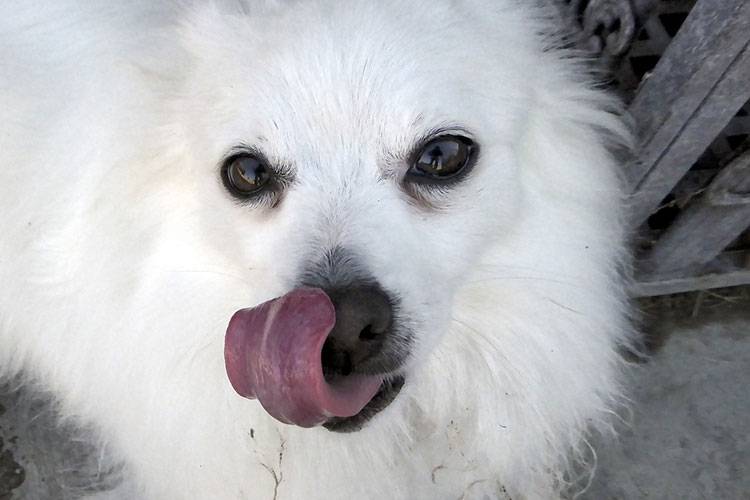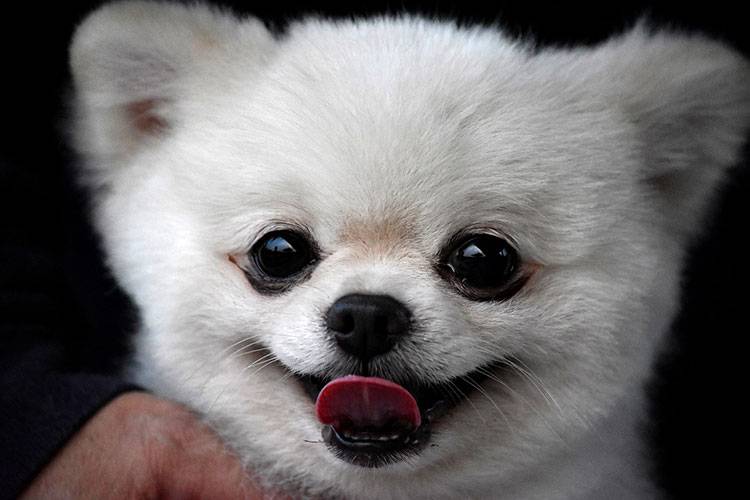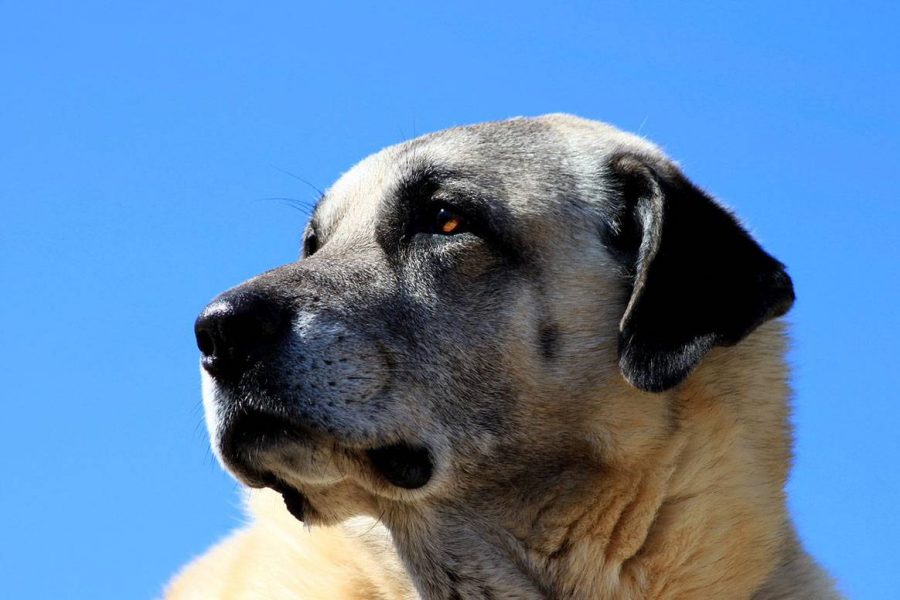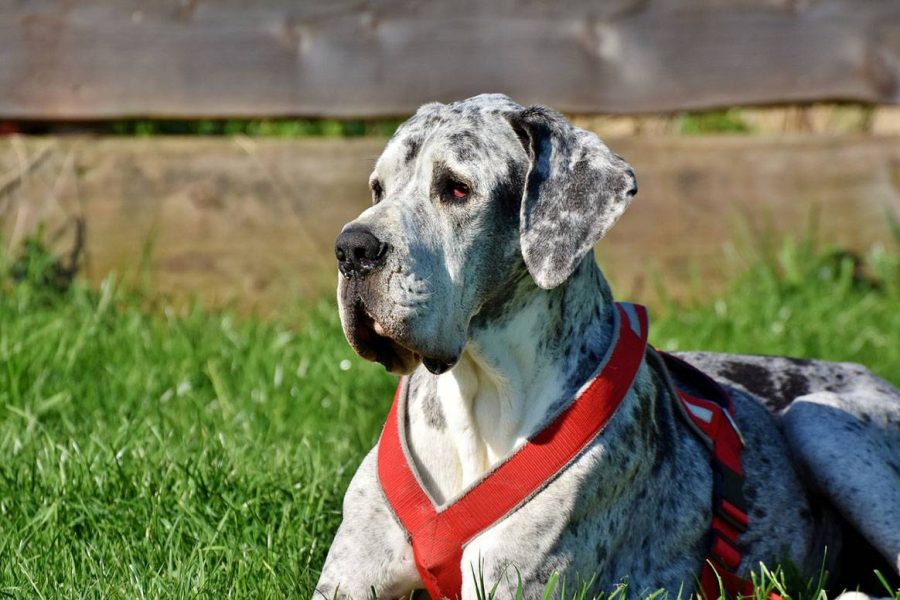Pomeranian dog breed is a spitz type of the dog, originated in the Pomerania. Due to its small size, it is classed as a small breed of dog. They are known as the tiniest spitz-type dog. This fluffy ball is lighter than seven pounds and is one of the most famous dog breeds today.
History and Origin of the Pomeranian
This adorable dog breed, Pomeranian, named after the region ”Pomerania” which is between Germany and Poland. This breed of dog was larger than the Pomeranian we know today. The exact information and location of their ancestors is unknown. When Queen Victoria was the queen of England, this breed became famous at that time.
It is one of the famous dog breeds of the queen and the name of her favorite dog was Marco.
Today, the Lulus are still one of the most popular choices as companion dogs, thanks to their small stature, their lovable appearance and their loyal and affectionate nature.
Personality and temperament of “Pomeranian”
[su_highlight]Pomeranian is curious, brave, daring and docile breed.[/su_highlight]
Pomeranians love the company and hate spending too much time alone, a thing that must be taken into account before adopting a Lulu.
It adapts to families of diverse nature as long as they are able to provide the time for walks and the daily attention it needs.
They learn to follow orders quickly and adapt well to new environments and situations.
This breed is especially recommended for those who are looking for a faithful companion in their life, who do not require a large financial investment for their maintenance and who do not need excessive care.
They are also a very advisable dog for elderly people as Pomeranians are very loving companions. Overall, Lulu is amply prepared to share the home with other pets. It is usually harder for older dogs and cats to quickly accept a new occupant in their home, but it is not impossible.
As for the rest of the dogs, they generally do not feel fear, no matter how large, owners should be aware that such courage does not cause a problem.
Finally, it is also not unusual for him to show something aggressive with animals that are foreign to his environment.
They are much calmer, patient and affectionate towards children as compared to other breeds. For this reason, they can be an ideal companion for playing with older children, as long as they have also been educated to respect pets and do not become very rude.
They may not be the most suitable pets for families with very young children, as they do not understand the risks of treating little Lulu as if it were a toy, and may inadvertently hurt the dog.
Physical Appearance of Pomeranian
This breed still retains several characteristics of the Spitz dogs that resembles the expressions of a small fox.
They have small pointed ears and their deep and dark eyes that confer their impressive facial expression are hallmarks of their physical appearance.
With a weight ranging from 1 to 3 kilos and a height of up to 22 centimeters, it is a long-lived dog whose average life is between 12 and 14 years.
The colors of the dogs of this breed are many and varied, covering a wide range that goes from black to white, passing through coffee, brown, reddish, orange, cinnamon, shaded gray and many others.
The hair of the neck, the front of the shoulders and the thorax are also very copious, forming a beam. The anterior and posterior extremities have good fringes and, as for their tail, are also completely covered with hairs, tending to show a feathery appearance.
From all this, it is deduced that their hair requires extensive care, which is why it is a breed suitable for those people who like to decorate their pets.
You may also like to read about Cockapoo dog breed
Taking Care of Pomeranian dog
Diet
Choosing the quality and balanced diet for your Pom is necessary because only top quality food can ensure your dog’s better health. A good and quality diet is also the reason for the long life. You must make sure that the food you are giving your Pom has all the essential nutrients.
It should be a complete, satisfying food that provides the animal with all the energy needed to perform the intense activity that characterizes it, so much so that it is sometimes used to participate in shows.
In this breed, it is especially important to avoid being overweight.
Grooming
Like any other pet, it needs proper hygiene. Mainly because it tends to stay on your lap.
It tends to have oral problems typical of miniature breeds, which usually accumulate bacterial plaque or tartar that has in its consequences the development of bad breath. We should add that Lulu can suffer from premature loss of teeth. For this reason, we should pay special attention to the care of your teeth and gums. Getting accustomed from baby to brushing.

Proper oral hygiene is the best measure of prevention when trying to avoid infections and cavities that lead to tooth loss, and worse, the bacteria can reach the bloodstream and lead to liver, kidney and heart problems.
Bath your Pomeranian when necessary. After the bath, it is ideal to remove all excess water with a towel and dry it perfectly with a dryer, at a moderate temperature and without heat reaching to the body.
Training
Pomeranian is an intelligent breed and training is relatively easier than other breeds. They have the ability to learn quickly. The main reason for their easy training is their eagerness to please the owner. Make sure, you are not making these dog training mistakes.
Exercise
Despite its small size, the Pomeranian needs to exercise regularly. This breed is an active breed and it loves to play and run. With keen intelligence, he likes to learn to do tricks and show off. These activities fulfill their basic requirements for exercising. They still need to go outside for a walk regularly.
Health Concerns of Pomeranian
Pomeranian dog breed is generally a healthy dog, but it does not mean that it cannot suffer from any disease. This breed can suffer certain diseases that in his case are the following:
Dental Problems
Loss of teeth at a very early age combated with proper oral hygiene.
Disk Problems
Diseases in invertebrate disks that can be very painful. They are usually treated with steroids.
Eye problems
They result in eye infections and can be avoided by keeping your eyes clean.
Problems in extremities
Especially in the knees, making the appearance of the dreaded patellar displacement, so cannot be overweight.
Open Fontanelle
A hole in the skull, which is not serious if there are no parts of the soft skull.
Heart problems
A routine examination of your heart by the veterinarian can detect any disease of this style early.
Kidney stones
A disease that is not foreign to this breed and affects both sexes, although obstructions are more frequent in males.
Breathing problems
Occasionally caused by a tracheal collapse, some of these puppies tend to have respiratory insufficiency, which sometimes has to be remedied in surgery.
Buying a Pomeranian puppy
We recommend our readers in every post, not to buy any puppy from the puppy mills. Factory puppies are exactly what the name suggests – places that generate quantities of puppies with no regard for the quality of life or standard breed. Often parents are kept in dirty, and health-threatened conditions.
Puppies that are breed on large scale can also be cute as carefully bred puppies, but the former ones usually have a variety of health problems.

Buy your dog from a registered Pomeranian breeder of good reputation is the best choice that you could make. The registered breeders are the one that has open information. They allow you to know the dogs before you buy, they will walk you through all the process of breeding. Most breeders will also interview potential buyers to ensure that dogs are placed in a good home. They will answer all of your questions and provide the health proofs of both “parents and puppies”.
You should ask any question that comes in your mind, regarding puppies. Ask the breeder about the energy level, health, and everything related puppies.
This article can help you in buying a Pomeranian Puppy.
FAQS
1. Can non-professional groomer trim the hairs of a Pomeranian?
Yes, you can cut the hair. Although it requires a great deal of expertise and effort. Therefore, it is recommended that you should get help from professionals.
2. How often can you bathe a Pomeranian?
You should bathe a Pomeranian dog once every month.
3. Where We can Buy Pomeranian?
I would recommend that you should contact certified seller and breeder.




